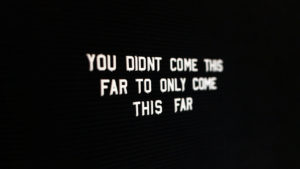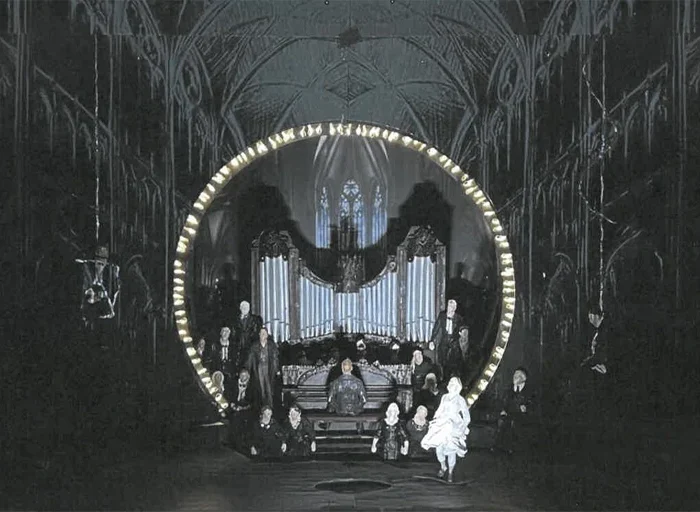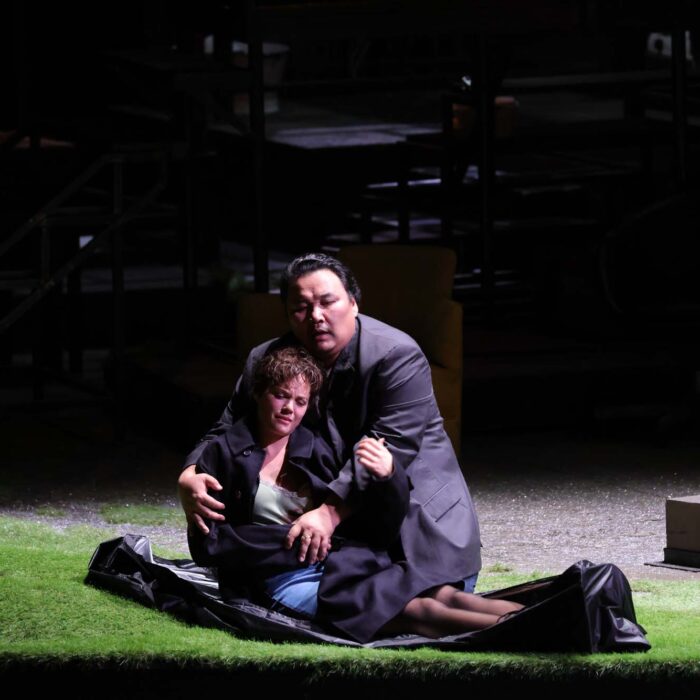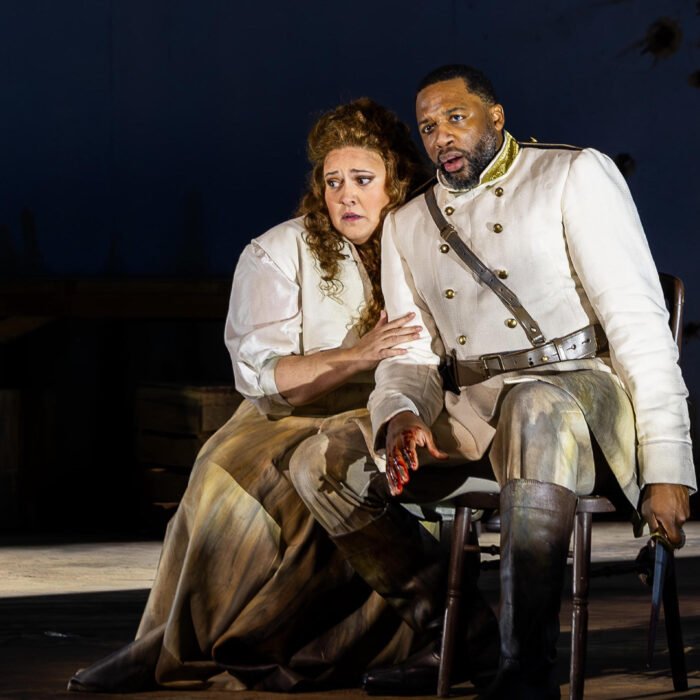
Criticism on Fridays: Aging & Poor?
What Would One Call the Worst Problem Of the Aging Opera Industry?
By Polina Lyapustina(Photo: Drew Beamer)
Every Friday, Polina Lyapustina delivers a short essay on some of the most essential topics in the industry with the intent of establishing a dialogue about the opera world and its future.
Money and age, age and money… These words have always been used to describe opera art — an expensive pleasure for an older generation. And in a recent article by Shawn McCreesh, which gives another (though not a fresh) look at Peter Gelb’s work at the Met, we see it again:
“The audience? Old. The big donors? Older and fewer. The financial picture? Bleak. The art form? Intimidating.”
Now it all concentrates on the search for a new type of younger donors, investors maybe… But is it the only and main facet of the age/money problem?
Last month, Soloist Coalition YAs published its report about Audition application fees. The statistics show that even after the pandemic, when young artists are in the greatest need of jobs, six out of 52 North American companies are still charging young singers a fee greater than $25 for their application to be considered. It would probably be good to note that 38 are not charging artists at all. And still, the problem is significant.
In Europe, where the theatres are mostly supported by the government, the situation gets even more complicated. State theatres are not charging artists at all, but those, who are on partial funding (especially smaller theatres in Italy) or often have a smaller ensemble (like smaller theatres in Germany), have a wide range of charges and confusing application system.
The usual fee is 20-50€ for the theatre audition and 20-70€ for the agencies. Often, there is a preliminary round where singers must provide a video to get into the main competition. Sometimes, the auditions have a second round with an extra cost which is always higher. And every time, even for the free auditions, the travel expenses lie fully on the artists.
Every time, the audition is a risk. And the more unclear the application system looks, the less trust it gains from the young singers. Many words are often used to explain the value you supposedly get for your money, but they only make it more confusing.
“Who doesn’t ask for money — they are serious. Who asks for money, there you can find a lot of corruption,” — said bass-baritone Hazar Mürşitpınar, sharing the “among artists” opinion.
For now, numerous minor auditions are happening in Europe, and the vast majority of them would charge singers more than 25€. According to young freelancers in Italy and Germany, these auditions make up to 80 percent of possibilities for young singers, while 15 percent would still charge some money but less than 20€, and only 5 percent of opportunities would be provided by major institutions for free.
Another problem, well-known to every young performer, is how to stay informed about auditions. A few online services provide this information on subscription (from $59 to $119 per year). Meanwhile, young singers cannot estimate how well it would suit their needs or work for them, so they prefer personal suggestions and open sources like communities on Facebook, leaving the paid services for agents.
This system has worked for many years, and the pandemic hasn’t changed it much. Meanwhile, the list of participants in the auditions has recently changed a lot. Before the pandemic, the key participants (or at least the contenders) were the young singers of high quality but with no established careers yet. But lately, the constant availability of A-list singers of the older generation led to the displacement of younger star singers to the second casts on the major stages. This, in turn, freed up their time to participate in more minor projects, where they took the places of less popular young singers with well-established careers, and those returned to auditions. This down-shift distorted the accepted evaluation procedure quite a lot.
Now, the jury has to take into account names, higher experience, and popularity of some competitors, which certainly put the accustomed participants on the back burner. Those usuals got there for the most basic (and most important) reason to participate in the auditions — to sustain their living and therefore, to continue their careers. At this point, these two matters are tightly bound. But now, it looks like the most numerous category of performers simply lost their ranks.
Such a shift in the levels of participants from top to bottom in a time of crisis is quite natural economically. No company can be blamed for the idea to add a big star name to the poster when it’s possible. And yet, this new reality can have a sad long-term impact on the industry.
The primary threat is an increase in corruption when absolutely all remaining vacancies will be given to people with connections, not talent. And so, the rank of young talented artists, who hardly survived the pandemic, will find no possibility of continuing their jobs and sustaining their living with no government support when the theatres fully open again.
But honestly, my main concern is not about saving the brightest young stars, but about saving them all — the entire generation of those who came into the pandemic at the very beginning of their careers, those who had nothing proved or guaranteed by that moment. Because if they are gone, who will be the next Jose Carreras in some 20-30 years? Do you really want to listen to some managers’ best friends in the most sophisticated roles on the best stages? Will a good lunch with a manager now make a great coloratura in 10 years?
We all understand, that to get one established and successful Jessye Norman, we needed so many extremely talented female singers at the starting line. Without this competition, singers don’t progress. We need them to be among other talents to grow and develop, and they need… just to be. To be singers, to be on stage. To get those roles, and to be paid for them. Let them start small, but let them START.
But if we reduce the possibilities and leave them open only for the A-list singers, who will replace them in two decades? If we feed the companies charging 100 young artists to be tried for a single small role, who would trust and attend such auditions?
They are many, they have no names, they are young. And they are the basis of the industry, of its future, of its development. And as long as companies think that they should be paid for listening to singers because it’s their job, let’s think about how to pay those young artists because they have no jobs yet, but they have a mission — to save this art, and this industry.
No matter if the Met will find young donors or will be turned into an early-stage startup, they (like any other theater) will need those young artists — now and forever.
The fabulous opera industry gets old and broke, and the analysts scream about the need for more money for it to work again!
Check your data, it’s already working, and ready to work even more. It’s poor, yes, but it’s young and hungry for open opportunities. They are what we need.
Are they coming?


